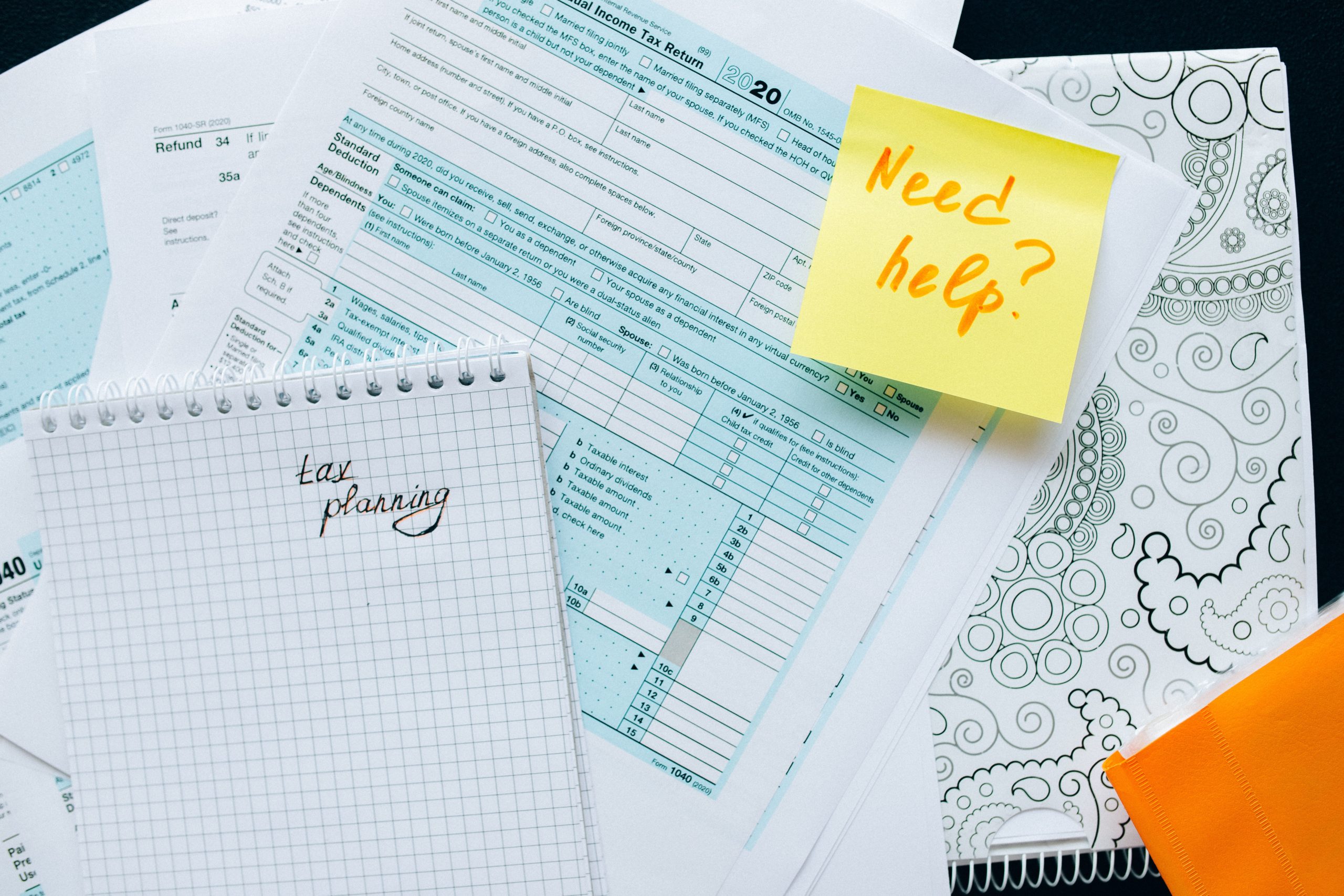16 Dec Essential Tax Rate Guide For Small Business in Australia
What is the small business tax rate in Australia?
The answer can be confusing but once you understand small business company tax rates in Australia, you can take steps to be better prepared at tax time.
If you’d like to be clearer about income tax for small business in Australia and the other taxes your company needs to pay, read on.

Small business tax rate in Australia
There are different types of small business tax in Australia. These include:
- Income tax for small business in Australia
- GST
- PAYG tax
- Fringe benefits tax
- Capital gains tax
Income tax
As explained by the Australian Tax Office, the small business tax rate in Australia is divided into full company tax rate and lower company tax rate. The amount your business pays depends on turnover and taxable income.
To determine your company’s taxable income, you need to take overall revenue and relevant deductions into account. Deductions are the costs associated with running your business.
In terms of income tax, in Australia, the full company tax rate is 30% and the lower company tax rate (also known as the base rate entity tax rate) is 25% for the 2022 financial year and beyond.
Your business is eligible for the lower tax rate if it:
- Turns over less than $50 million during the financial year
- Receives 80% or less of its assessable income as passive income (for example through interest, dividends or rent)
It’s important to note that income tax for small business in Australia can change. For example, the lower tax rate was 26% in the 2020–21 income year.
How much tax does a small business pay in Australia?
Sole Trader vs Company Tax
Business owners who are registered as sole traders do not have to pay tax until they exceed the minimum income threshold. This is because sole traders are taxed as individuals on a sliding scale.
When you have a company structure in place, you pay tax on every dollar your business earns. However, there is only one tax rate.
The tax rates for small business vs company can influence your business structure. If you are a sole trader who earns under $120,000 in taxable revenue, it probably makes more sense to pay taxes as an individual. However, the more you earn as an individual, the more tax you must pay.
Once your business income crosses a certain threshold, it may be more cost-effective to change to a company structure for tax purposes.
An experienced accountant for small businesses can help you decide which tax structure makes sense for you based on the small business company tax rate in Australia.
GST tax rates for small businesses
Australian small businesses must register for the Goods and Services Tax (GST):
- When they have a turnover of more than $75,000
- If they expect to have a turnover of more than $75,000 during the financial year
- If they provide taxi or limousine travel (including ride-sourcing)
- If they want to claim fuel credits
The GST is a broad-based tax of 10% on most goods, services and other items sold or consumed in Australia, however there are some exceptions.
As a business, you can explore claiming GST credits. Ask your accountant to help you make sure you are including these when you file your quarterly Business Activity Statement (BAS) and GST information with the tax office.
Generally, it is your customers who pay GST. For example, you may be a small electrician business that charges $90+GST per hour. Your customers pay the extra $9, which you then make a record of and pass to the tax office.
PAYG and payroll tax for small business
PAYG tax refers to the tax you pay on behalf of your employees. Each time they are paid, a set amount will go to the ATO. As the employer, it’s your responsibility to ensure this happens.
In addition to PAYG tax, the state governments collect payroll tax. As an example, in New South Wales, if you’re an employer who pays wages, you will need to register for payroll tax if your total Australian wages exceed the relevant monthly threshold of $1.2 million. The payroll tax rate is currently 5.45%.
Check with your accountant how much payroll tax your business will need to pay.
Capital gains tax for small business
Generally speaking, companies pay capital gains tax in Australia at a rate of 30% for large businesses and 25% for small businesses.
However, there are concessions and exemptions for small businesses which may allow you to reduce, defer or disregard capital gains. You’ll find more information about CGT exemptions via the ATO, or you can speak to your accountant about whether or not your business is eligible.
Fringe benefits tax for small business
Fringe benefits tax (FBT) is related to certain benefits provided to employees or employees’ associates (typically family members). An example of a fringe benefit is a company car or motorbike, gym memberships, accommodation or concert tickets.
Keep a record of these benefits and how they are used so you can work with your accountant to prepare your tax return correctly.
The bottom line for the small business tax rate in Australia
Very generally speaking, if you are a business turning over less than $50 million per year, your income tax will be 25%. If the business turns over more than this amount, it will be 30%.
If you’re just getting started, putting a ballpark sum aside will help you be prepared to pay your upcoming tax bill. Work with an accountant or bookkeeper to figure out the exact amount and you can start to be more organised ahead of tax time.
Want to know how much tax your small business owes? Visit Taxopia today.
Should you require any additional assistance please don’t hesitate to contact us.





